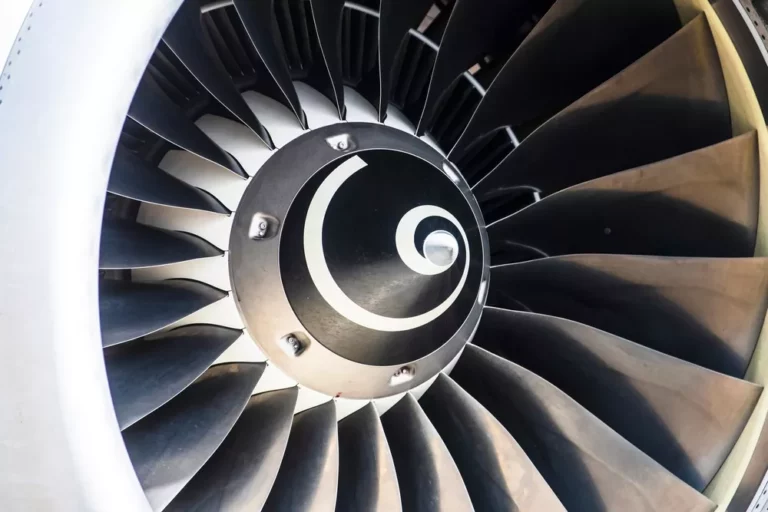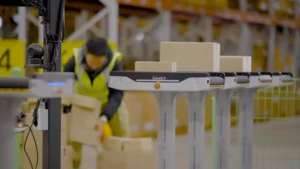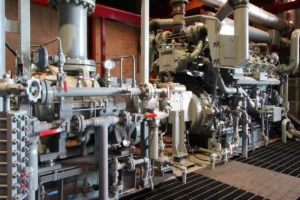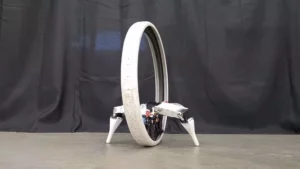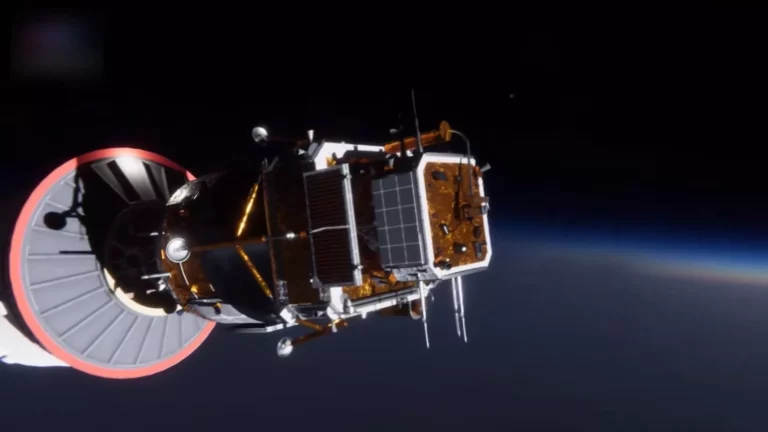IAE International Aero Engines AG (IAE AG) has achieved a breakthrough in sustainable aviation after successfully completing tests of its V2500 jet engine using fully sustainable aviation fuel (SAF).
The event took place at the MTU Maintenance Hannover facility in Germany and represents an important step towards more environmentally friendly aviation.
Kim Kinsley, president of IAE AG and vice president of Mature Commercial Engines at Pratt & Whitney, highlighted the significance of this achievement, stating that the ability of the V2500 engine to operate at 100% SAF is a promising indicator for the continuation of sustainable practices in aviation in the years to come.

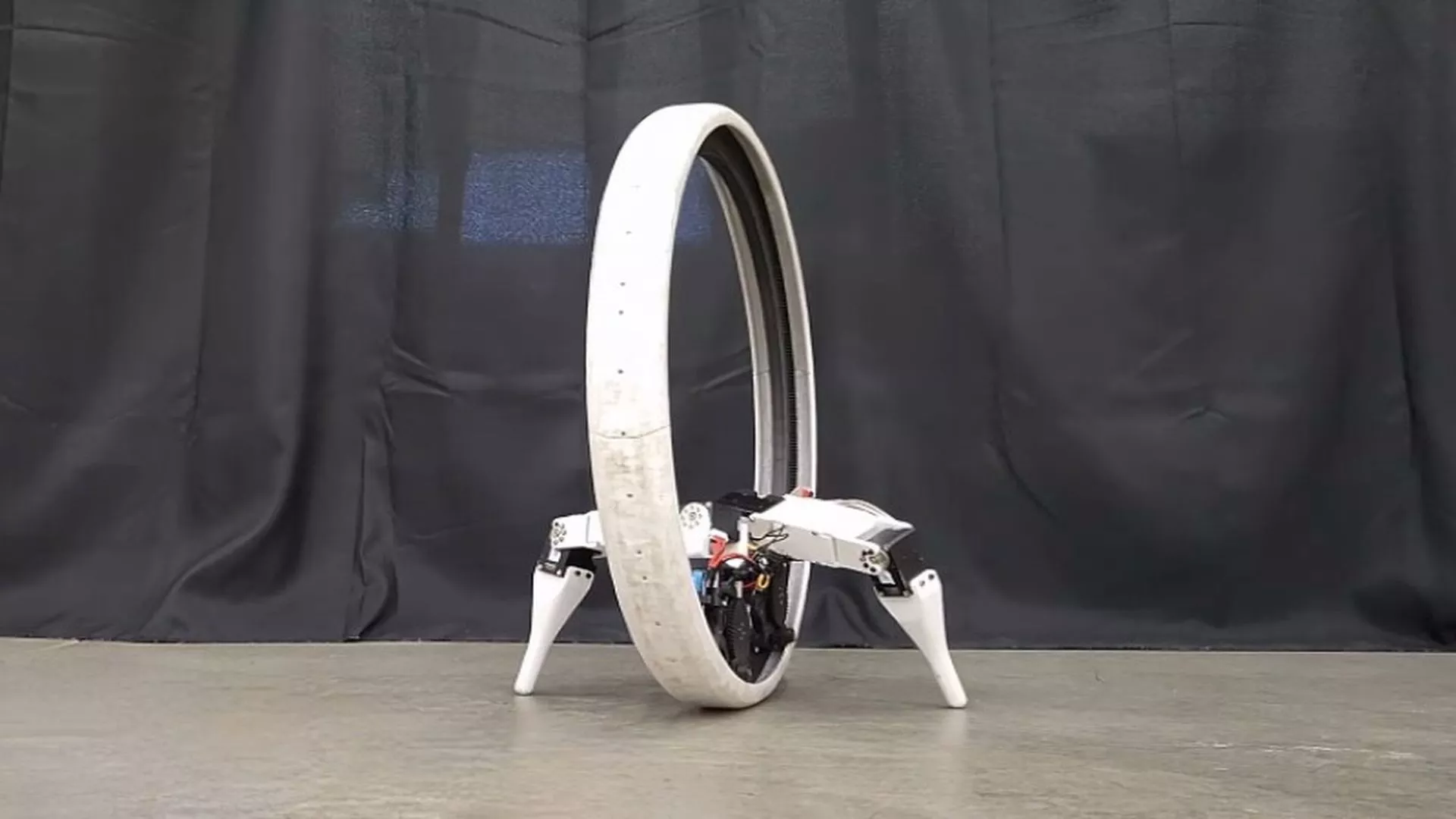
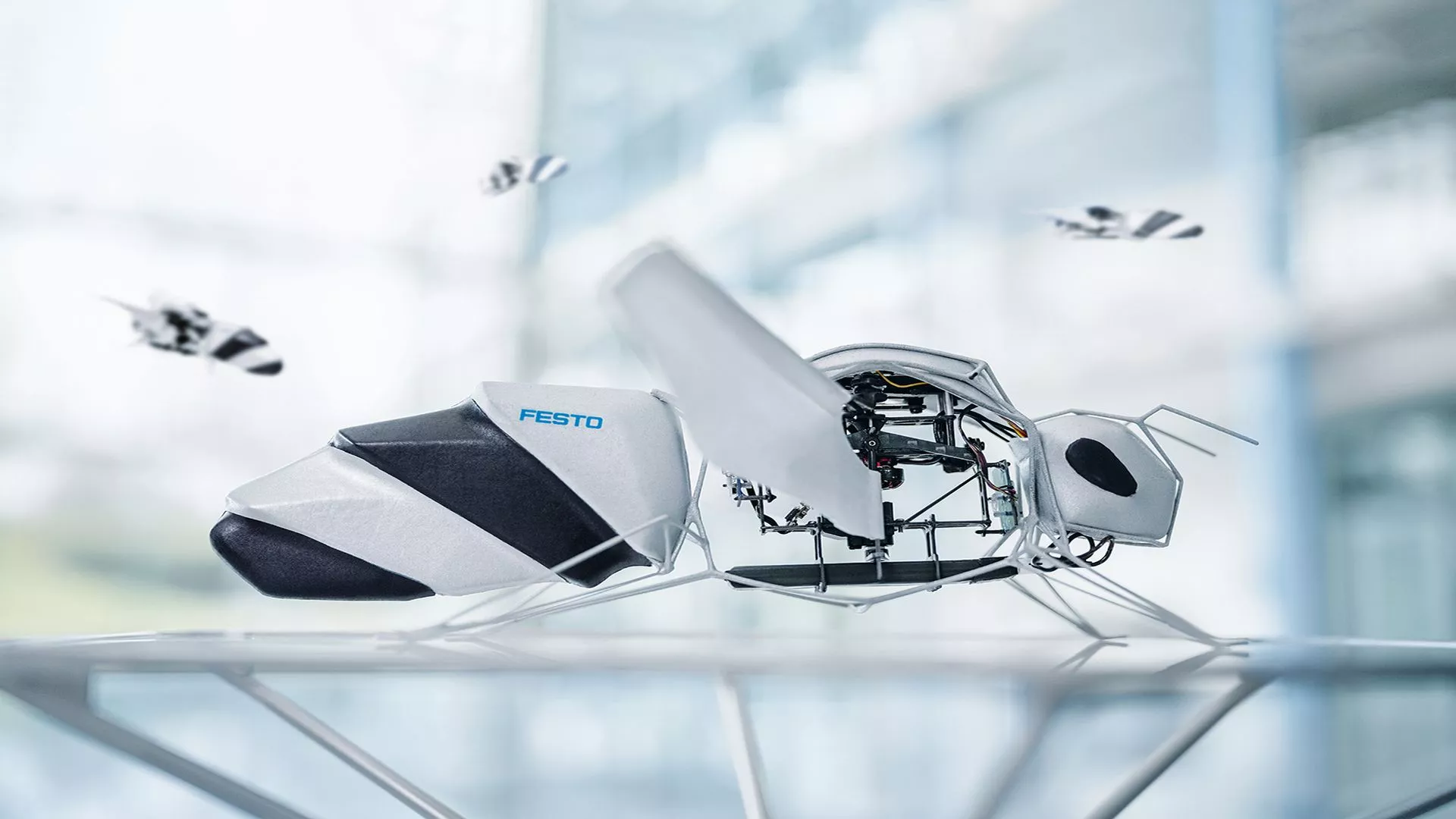
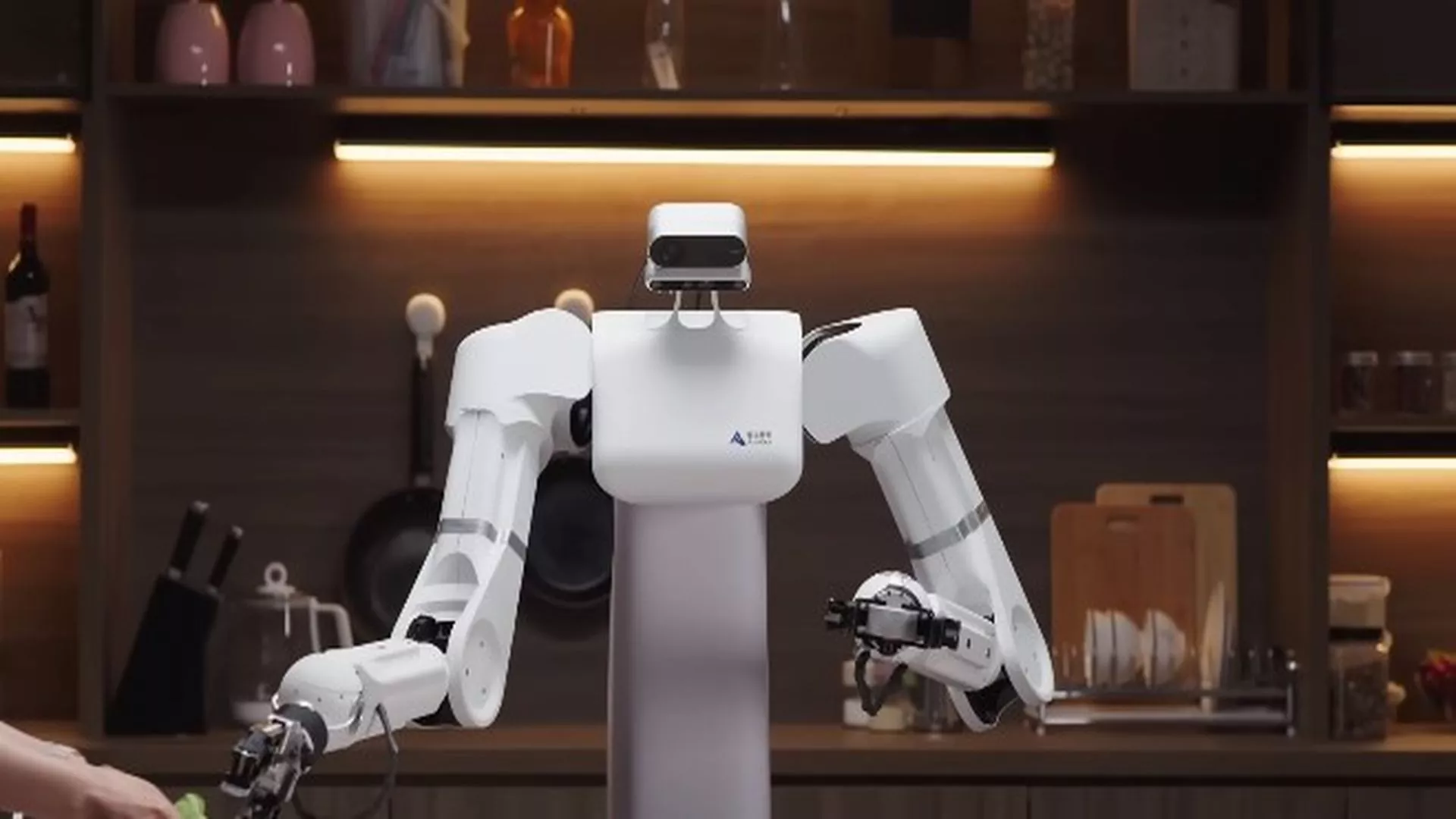
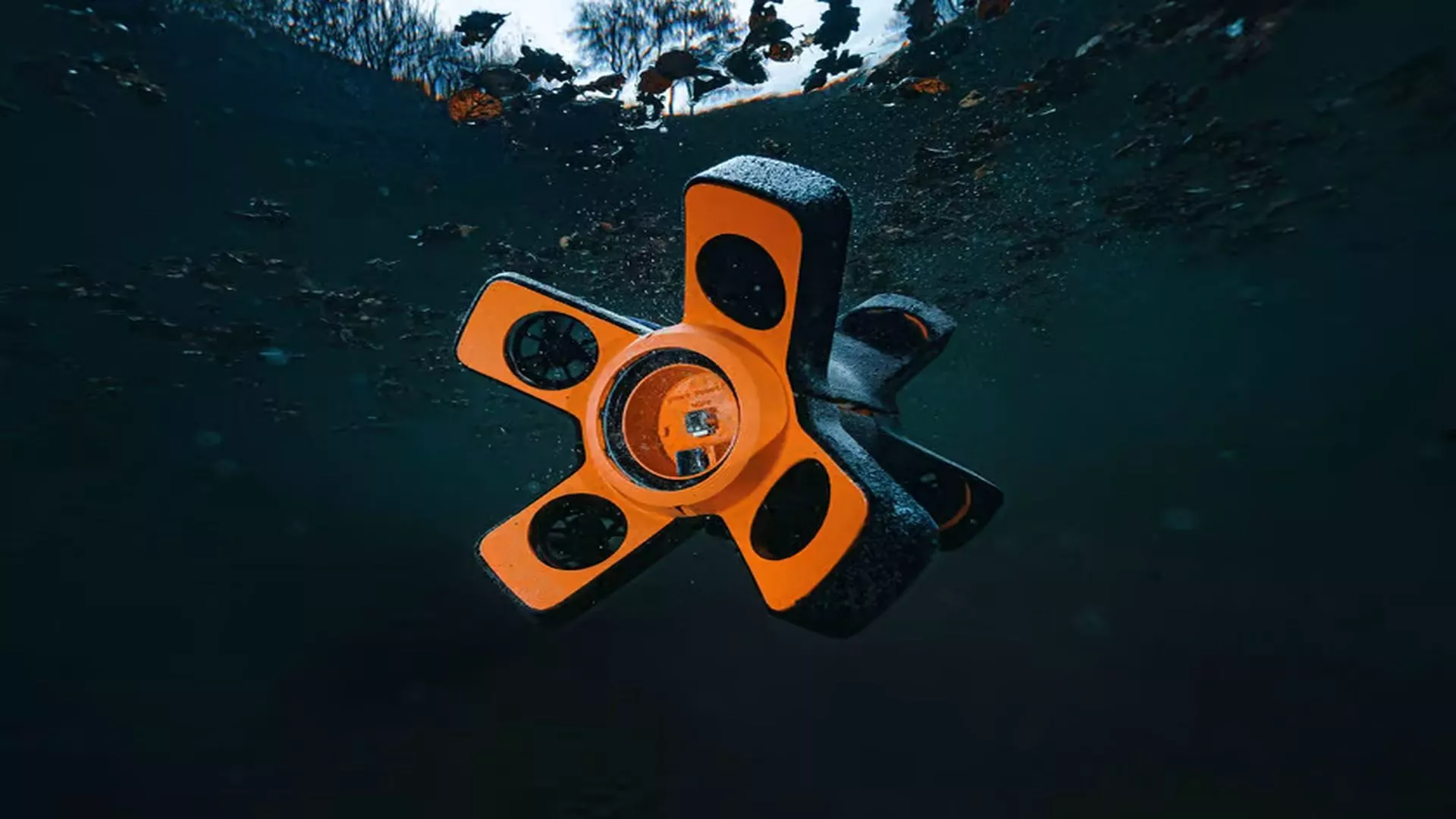
About the V2500 jet engine
With around 3,000 aircraft powered by this engine currently in operation, IAE assumes a critical role in the aviation industry’s effort to achieve zero netCO2 emissions by 2050. Kinsley also anticipated that most IAE workshops will be equipped to work with SAF in the near future.
The multinational consortium behind IAE AG includes renowned companies such as Pratt & Whitney (part of RTX), Pratt & Whitney Aero Engines International GmbH, Japanese Aero Engines Corporation and MTU Aero Engines AG. The V2500 turbofan engine, initially launched in 1987, is known for its efficiency and is currently used on Airbus A320 family aircraft, the McDonnell Douglas MD-90 and the Embraer C-390 Millennium.
PAS and carbon emissions
PBS is defined as a liquid fuel that, according to the International Air Transport Association (IATA), can reduceCO2 emissions from aviation by up to 80%. emissions by up to 80%. It is produced from a variety of renewable raw materials, including organic waste and non-food crops, and has the potential to significantly decrease the environmental impact of the sector.
In the course of this test, the fuel supplied by Neste, a PBS manufacturer, consisted of 100% hydroprocessed esters and synthetic paraffinic kerosene (HEFA-SPK), derived from renewable resources such as waste oils and fats. Michael Schreyögg, Program Manager at MTU Aero Engines, highlighted the fact that MTU Maintenance Hannover is the first center of its kind in the world to perform a 100% SAF test on a V2500 engine.
IAE AG’s commitment to the adoption of sustainable aviation practices is evident through this successful test. The company continues to strive to promote the use of SAF in its network and beyond, ensuring that both its products and maintenance facilities are ready to support the SAF requirements of operators and aircraft owners.
He V2500 jet engine is not only recognized for its fuel efficiency, but is also capable of operating with blends of up to 50% PBS and conventional jet fuel, offering a significant reduction in fuel consumption and emissions compared to previous generation engines. This versatility makes it an ideal choice for a variety of commercial, cargo and military platforms, cementing its 35-year reputation for reliable and efficient performance.
Don’t miss any of our posts and follow us on social media!
Inspenet.com YouTube LinkedIn Facebook Instagram
Source: interestingengineering.com
Photo: shutterstock



